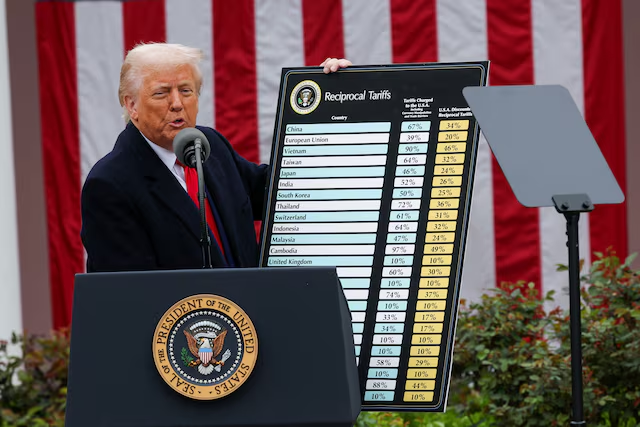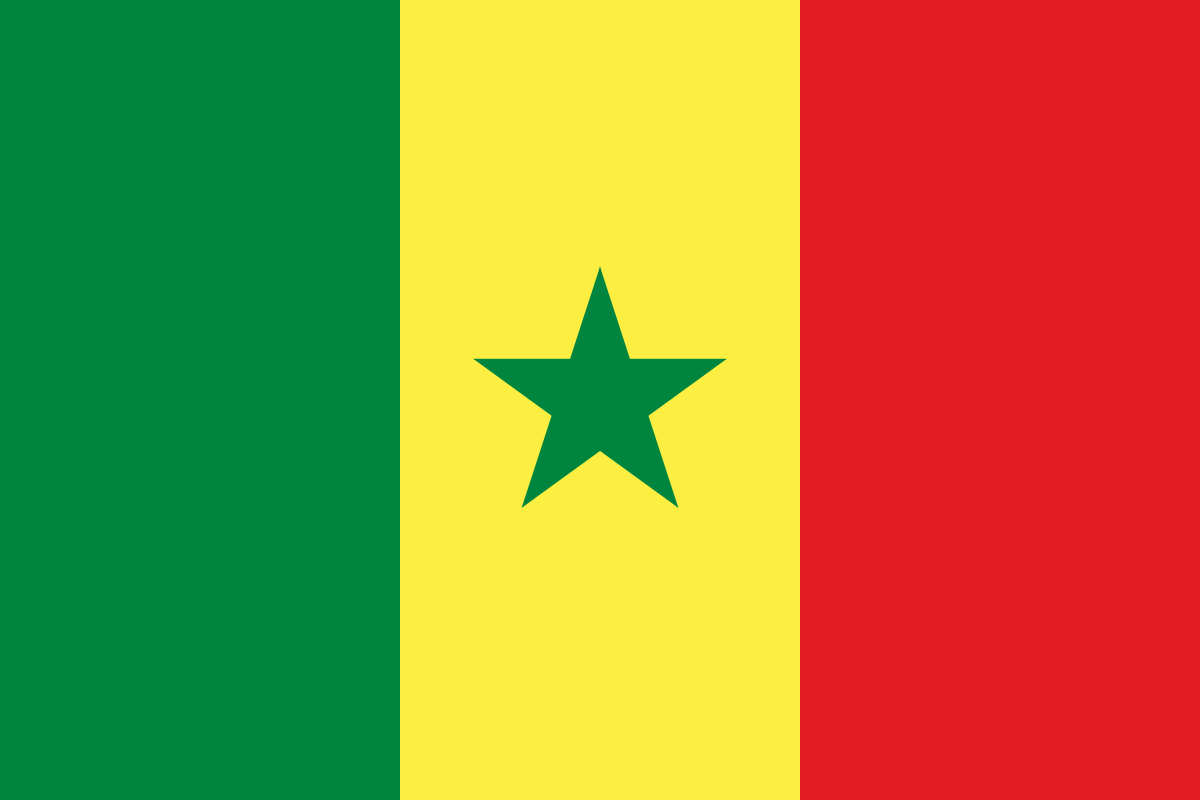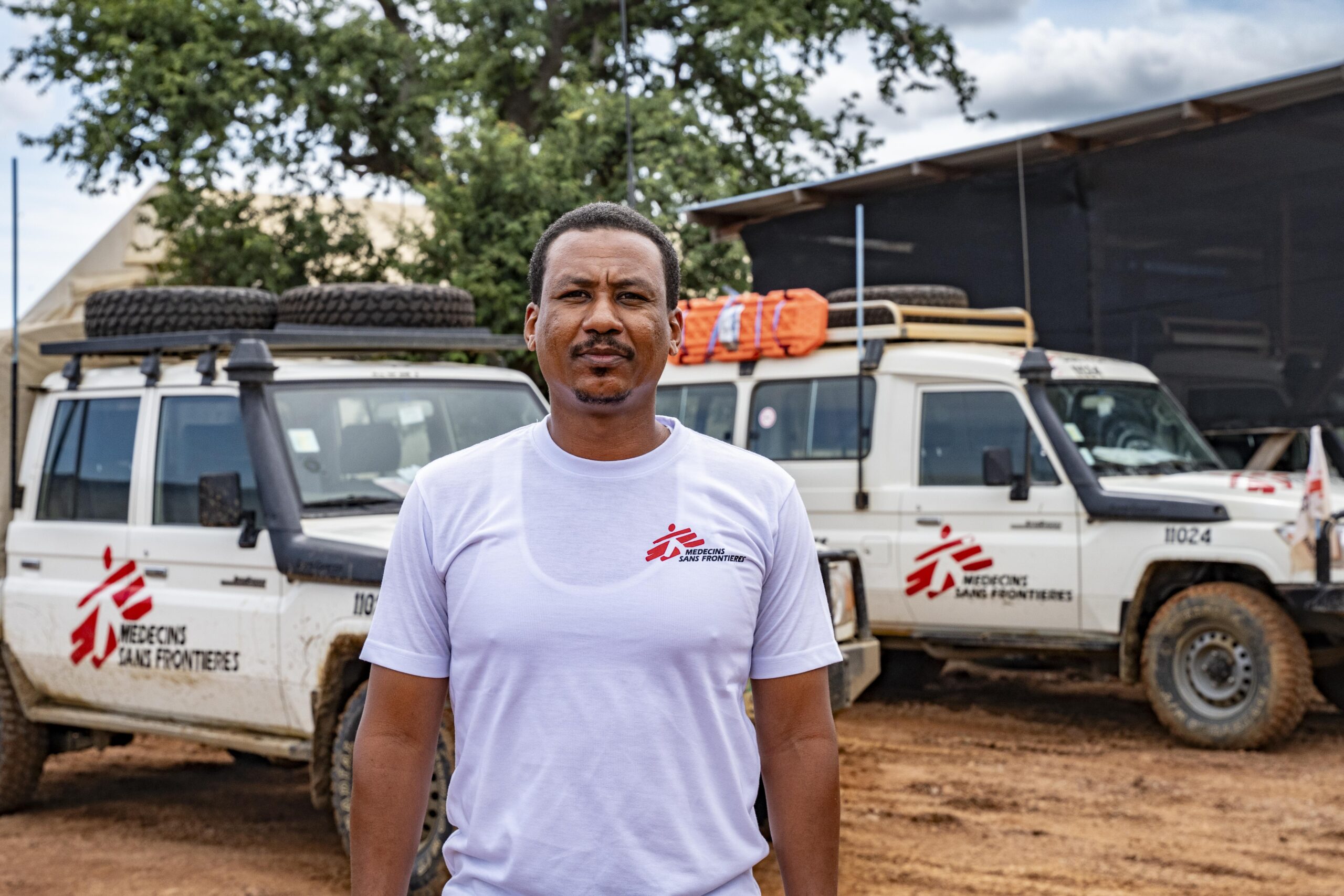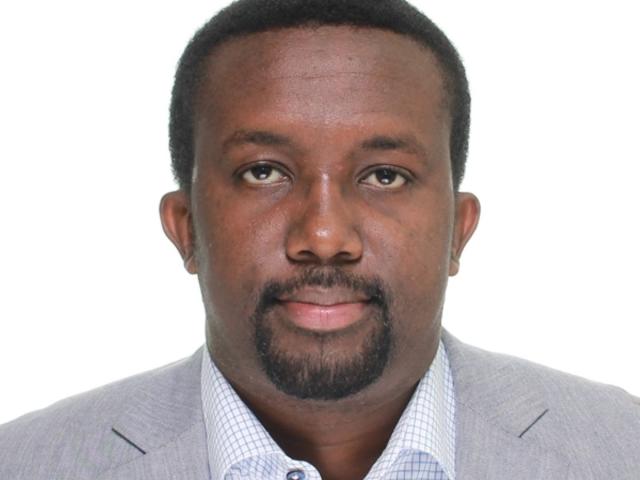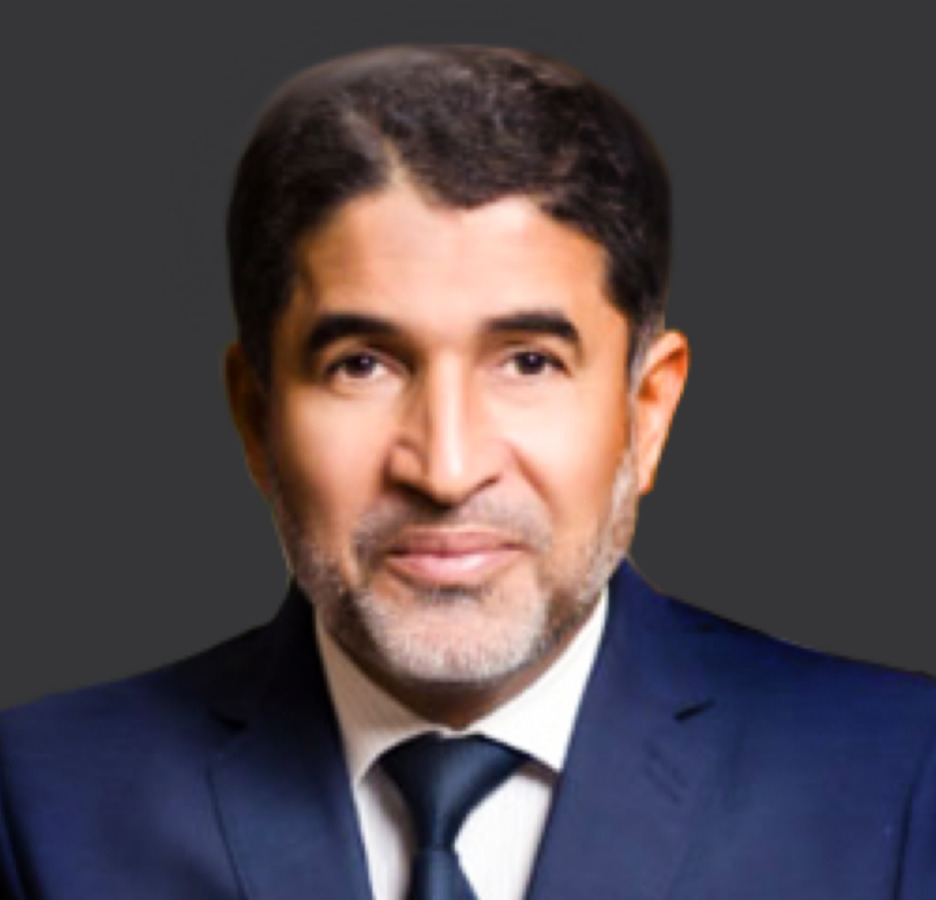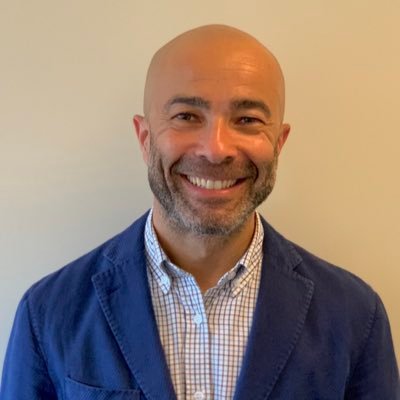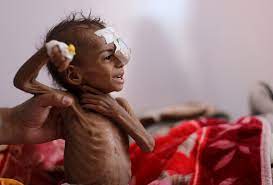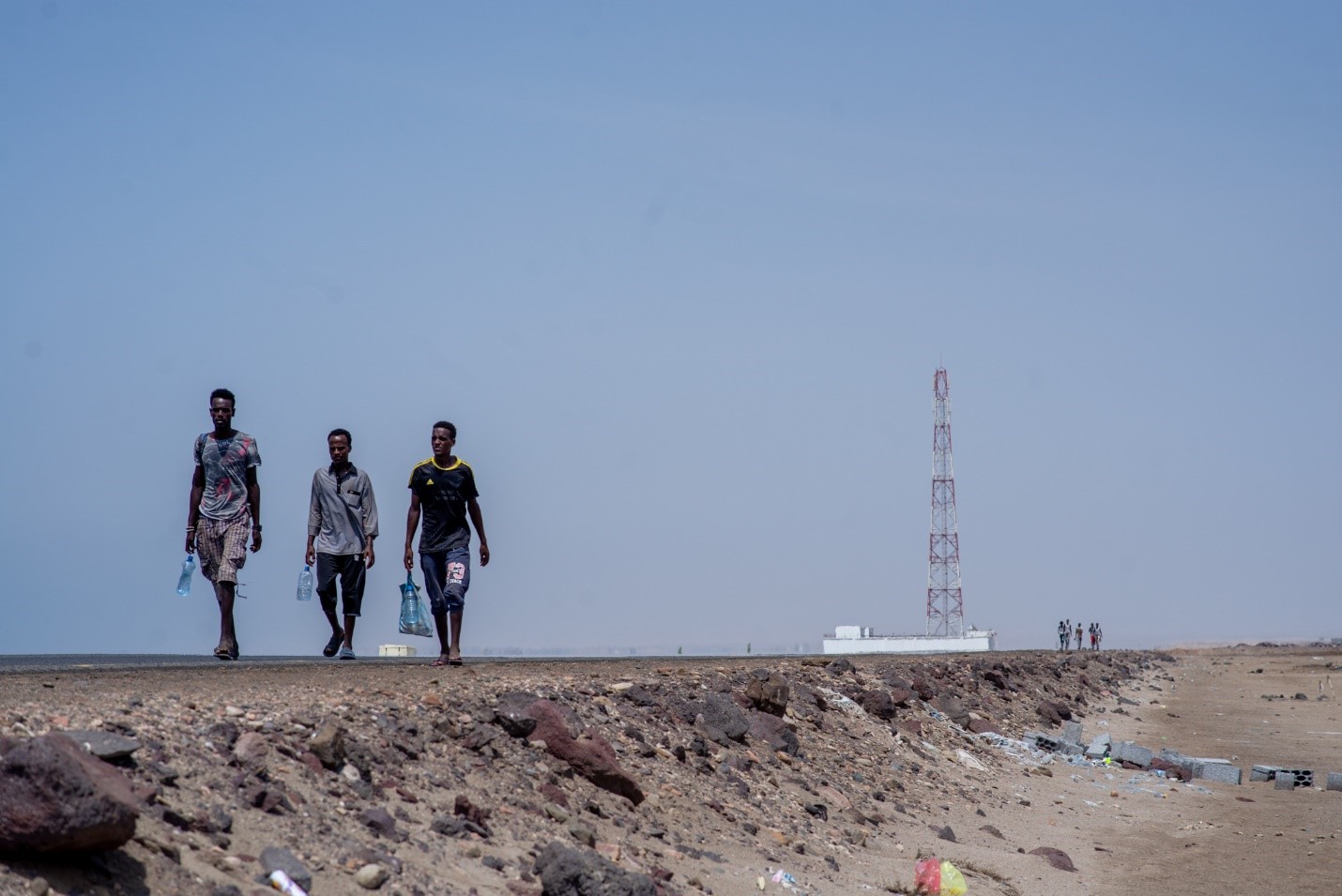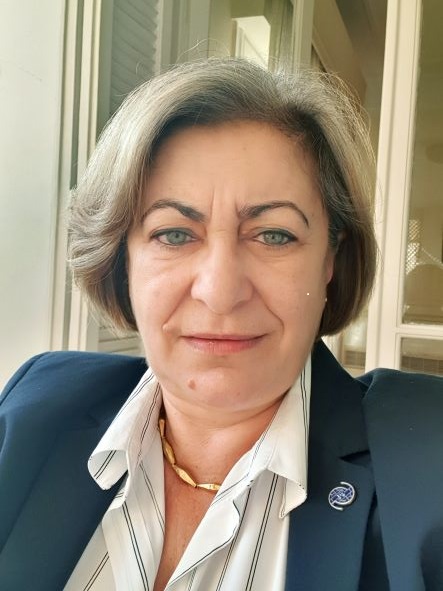![Ethiopian refugees fleeing from the fighting in Tigray region [Reuters/Mohamed Abdallah]](https://liberties.aljazeera.com/resources/uploads/2020/11/1606302920-scaled.jpg)
Ethiopian refugees fleeing from the fighting in Tigray region [Reuters/Mohamed Abdallah]
Like many, I made big plans for 2020: I would return to my homeland and visit my grandmother and other relatives in Tigray, the northernmost region of Ethiopia. What I did not know nor could I prepare for was the double pain created by Covid-19 and the war that embroils my family.
The Ethiopian government’s genocidal war against the Tigrayans began in November 2020 and, to date, the international community’s response to the mass atrocities in Tigray is slow and inadequate. While elections are scheduled to take place in Ethiopia on June 21, which Prime Minister Abiy promises will be a fair and free election, there are about six million Tigrayans and 5.2 million of the population (92 percent of the population) are at risk of genocide and famine due to Abiy’s actions in Tigray. About 63,110 Tigrayans fled their homes and made their way to refugee camps in Sudan while over a million are internally displaced persons.
Tigrayan people immediately need humanitarian assistance including food, shelter and medical care and a halt to the atrocities being committed by Ethiopian and Eritrean troops, and eventually accountability for the mass atrocities committed against them. The international and regional community, including the African Union and U.N. Security Council, has a responsibility to protect Tigrayans from genocide and must intervene. If States are serious about addressing genocide, and making real the all too familiar phrase “Never Again,” there is an urgent need for immediate and effective intervention in Tigray.
I last saw my grandmother, Adwa, in 2013 when she came to visit us in Seattle. It was her first trip to the United States and she stayed for four months, creating new memories with her two children, pursuing adventures with her four grandchildren, and meeting and bonding with her six great-grandchildren. When we asked her to remain in the U.S., she told us that she would like to visit again but wanted to spend the remainder of her last years on earth in Tigray, surrounded by mountains, her friends and daily prayers at her church.
When the war began seven months ago, I wanted, magically, to transport her back to Seattle. I was filled with regret and sorrow, wondering if I had failed to heed early signs and could have taken measures to get our family out of Ethiopia before the war began.
When Abiy Ahmed, an ethnic Oromo, became prime minister in 2018, there were high hopes that he would usher in a new era of political pluralism and democracy to Ethiopia’s 111 million citizens from more than 90 different ethnic groups. Ahmed, who was awarded the Nobel Peace Prize for brokering peace with Eritrea, was initially lauded internationally but his term has been rife with human rights violations, political repressions and ethnic violence as he has looked to consolidate control. When the federal government decided to postpone national elections in March 2020, citing Covid-19 pandemic for the delay, several opposition parties, including the Tigray People Liberation Front (TPLF), denounced this decision and accused the Prime Minister Abiy of postponing elections to avoid democratic accountability and to consolidate his government’s hold on power. Although there was some consensus in support of postponing elections because of the pandemic, there was no plan in place or agreement as to what would transpire after the government’s mandate expired in October 2020.
In September 2020, the Tigray Regional Council held elections, which the TPLF won in a landslide. The federal government responded by invalidating the election results and removing budget subsidies from the Tigray Regional Council. A month later, tensions between the federal government and TPLF reached a crisis point. On November 4, the Ethiopian Government launched a military offensive in Tigray, alleging that the TPLF (which was previously the regional government in Tigray) attacked the government’s military base and federal forces. The Prime Minister stated that the objective of the military offence is a “law-and-order operation,” but the government’s actions reveal a deliberate and systematic intent to destroy the Tigrayan ethnic group.
The Ethiopian government, joined by its new ally and neighbor Eritrea, are carrying out a systematic campaign of genocide and ethnic cleansing against Tigrayans. In violation of the Genocide Convention and other international law obligations, Ethiopian and Eritrean governments forces are killing members of the Tigrayan ethnic group and deliberately inflicting conditions of life calculated to bring about their physical destruction by depriving Tigrayans access to resources critical to their survival including food, water and medical services.
Ethiopian and Eritrean forces are using rape as a weapon of war to shame Tigrayan women and girls as well as their communities. Survivors have recounted harrowing details of being gang raped, intentionally infected with HIV, burned, drugged and held hostage. A doctor working in a refugee camp in Sudan tending to Tigrayan women fleeing the war shared their stories: “The women that have been raped say that the things that they say to them when they were raping them is that they need to change their identity — to either Amharize [change their ethnicity from Tigrayan to Amhara] them or at least leave their Tigrinya status … and that they’ve come there to cleanse them … to cleanse the blood line.”
While the ostensible purpose of the government military action was to respond to a discrete attack on a military base, the decisions made by the government from the beginning of the conflict suggest a more sinister motive. From the start of the conflict the government shut down markets as well as banks for months, prevented and diverted aid meant for the Tigrayan people and restricted freedom of movement, condemning many to death through starvation. In the beginning, my family and I hoped that peace would be restored quickly. Our hope grew weaker with every passing day as the news reports of artillery attacks and air strikes rained down on Tigray. With banks, markets, and roads closed, and the whole of Tigray a warzone, we prayed but did not know how or who would survive. Our families were trapped, unable to escape and with no hope of rescue.
The Ethiopian government has repeatedly denied that the federal forces have engaged in widespread violence against civilians, but the truth is coming out. Accounts from more than 63, 000 Tigrayans who fled to Sudan, investigations by human rights and news organisations, and our sporadic conversations with our surviving family members in Tigray (when phone and internet lines are intermittently restored) reveal the Government’s intent to destroy the Tigrayan population.
I last spoke to my grandmother in late April 2021, a few days before the government severed the communication services again. I tried to boost Adwa’s spirits by reminding her that she is strong and will overcome this tragedy, that one day soon we would see each other again. But I could sense that my grandmother is scared, and rightly so. I pushed my own fears aside to offer my grandmother comfort, the way she has done for me many, many times. Grandma said, “We are in a tough place. I do not think I will ever be able to see you again. I will try but they will not let us go. They will not stop. But I pray.”
The international and regional community has moral and legal obligations to intervene to save the 6 million minority Tigrayans trapped between two governments, both of whom seek their destruction. The Genocide Convention obligates the international community to take action to prevent those who intend “to destroy, in whole or in part, a national, ethnical, racial or religious group.” In Tigray, people are punished and killed for being Tigrayan.
But even without the legal obligation to prevent genocide, we have seen time and again how the failure to intervene to stop mass atrocities leads to later regret, not to mention the death and destruction of thousands of individuals and families. The member states of the UN have recognized this reality by asserting that state’s are obliged to intervene and prevent mass atrocities that may not qualify as genocide, including widespread attacks against civilian populations that qualify as war crimes, ethnic cleansing, and crimes against humanity.
The Ethiopian and Eritrean governments are engaged in ethnic cleansing in Western Tigray. The Ethiopian government is invalidating Tigray identity cards, instituting new national identification cards written in Amharic (a language many in the region do not speak fluently), as part of an effort to identify the region as Amhara, thereby erasing the existence of Tigrayans and Tigray altogether. The erasure and expulsion of Tigrayans from Tigray by Ethiopian and Eritrean troops constitutes ethnic cleansing and meets the international definition of genocide.
Prime Minister Abiy has lied for months about the presence of Eritrean troops in Tigray. It was not until March 2021 that he admitted what many of us with families in Tigray had known for months: that he had not only permitted Eritrean troops into Tigray but worked hand in hand with them to terrorize and massacre his own citizens. The world is waking up to the horrors being wrought in Tigray but more needs to be done. U.S. President Biden urged for an immediate ceasefire and withdrawal of troops while testifying in front of Congress U.S. Secretary of State Blinken condemned ethnic cleansing of Tigrayans and called for an independent investigation. Pekka Haavisto, Finnish’s foreign minister, shared that he had spoken to Secretary-General António Guterres and underscored the urgency of the situation in Tigray and the critical need for humanitarian access. The UN expert on genocide prevention, Alice Wairimu Nderitu, urged immediate measures be taken in Tigray and warned that without intervention, the situation would likely worsen.
Tigrayans are trapped and need food, shelter and medical care. The African Union and United Nations must not ignore the signs that genocide is taking place and must provide assistance and protection to Tigrayans. The U.N. Security Council must also refer the situation in Tigray to the International Criminal Court to ensure accountability for victims of genocide and other mass atrocities. The AU and the United Nations must take action to remove the occupying troops from Tigray and help restore peace..
The member states of the UN have asserted that state’s are obliged to intervene and prevent mass atrocities that may not qualify as genocide, including widespread attacks against civilian populations that qualify as war crimes, ethnic cleansing, and crimes against humanity.
What has the world learned from genocide? We simply cannot continue to say “never again” and yet fail again and again to take action when genocide is taking place. The information emerging from Tigray makes it evident that unless we do something, genocide will indeed continue to take place in Tigray.
In the midst of so much grief and tragedy, I have sought comfort and returned to the writings of holocaust survivor Elie Wiesel who understood that “Never Again” is not a catchphrase but a call to end impunity: “‘Never again’ becomes more than a slogan: It’s a prayer, a promise, a vow … never again the glorification of base, ugly, dark violence.”
Netsanet Tesfay is a human rights lawyer.



